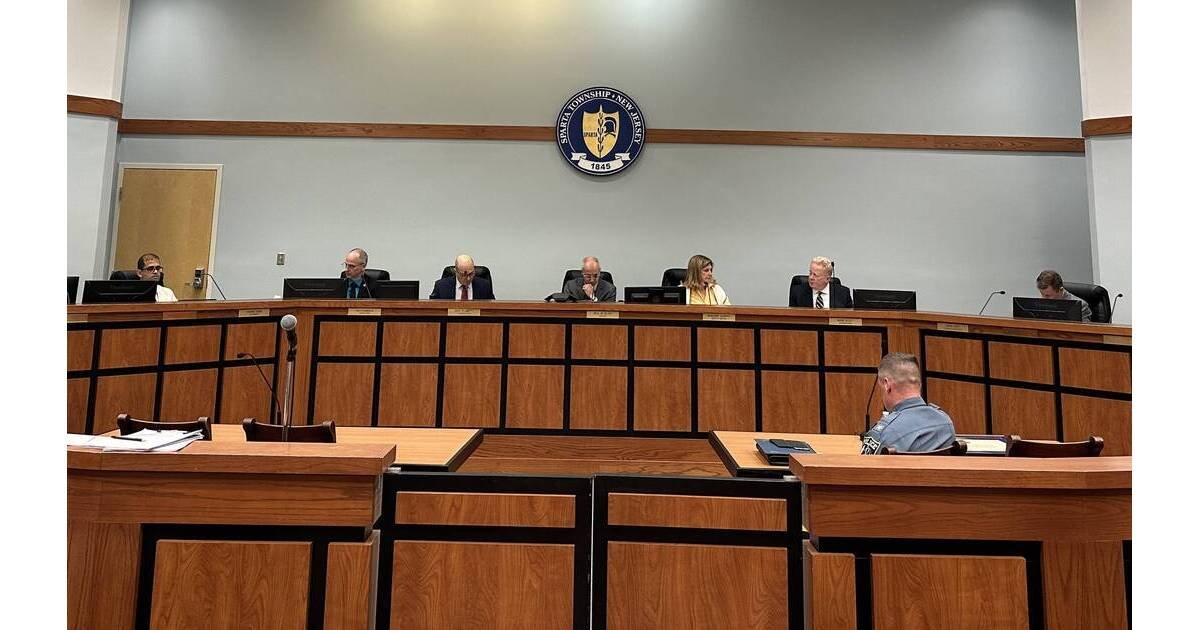In 2012, Colorado became the first state to legalize recreational cannabis through Amendment 64, influencing cannabis reform discussions nationwide. Over a decade later, the state’s cannabis industry has become a vital part of its economy, generating more than $1.5 billion in sales in 2023, as reported by the Colorado Department of Revenue. For University of Denver (DU) students, understanding the nuances of cannabis laws is essential, as state regulations differ from campus policies.
Colorado Cannabis Laws. Under Colorado law, adults aged 21 and older can legally purchase and possess cannabis. The state allows individuals to hold a maximum of 1 ounce (28 grams) of cannabis flower, 8 grams of concentrate, or 800 milligrams of THC in edibles. However, consumption is restricted to private property, making public use—such as in parks, sidewalks, or vehicles—illegal, with fines starting at $100 for first-time offenders. Additionally, Colorado has a strict limit of 5 nanograms of THC per milliliter of blood for drivers, with violations potentially leading to fines, license suspensions, or jail time. In 2022, around 20% of fatal crashes in Colorado involved drivers who tested positive for cannabis, highlighting the importance of responsible use.
DU’s Campus Policy. Despite the legality of cannabis in Colorado, DU imposes stringent restrictions on its campus. As a private institution receiving federal funds, DU must comply with the Drug-Free Schools and Communities Act and the Drug-Free Workplace Act, which mandate the prohibition of federally illegal drugs, including cannabis. Consequently, DU’s student code of conduct explicitly bans the possession, use, distribution, and cultivation of cannabis on university property, regardless of age or medical marijuana status. This rule applies to residence halls, Greek housing, and outdoor areas.
Violations of this policy can lead to various disciplinary actions, including: – Formal warnings or probation – Mandatory participation in educational or counseling programs – Loss of housing privileges – Suspension or expulsion for repeated or severe offenses
Most cannabis-related violations are met with educational sanctions, although repeated offenses can escalate the consequences.
Off-Campus Cannabis Use. For DU students living off-campus, cannabis use becomes legally permissible, but there are still limitations. Landlords may impose their own restrictions regarding cannabis use on their properties, and public consumption remains illegal. Additionally, transporting cannabis across state lines, even to other legal states, violates federal law and can result in criminal charges. Students should also be aware that many employers maintain drug-free workplace policies, and a 2022 Quest Diagnostics survey found that 4.6% of U.S. workers tested positive for cannabis, the highest rate recorded in two decades.
Community Perspectives at DU. University officials stress that DU’s cannabis policy focuses on legal compliance rather than moral judgment. Meanwhile, national surveys indicate changing trends, with 11% of college students reporting daily or near-daily cannabis use, a figure that has doubled over the past ten years. On campus, there are calls for increased education around responsible use and harm reduction. The DU Health Promotion office offers workshops, counseling, and peer support to assist students in managing their cannabis consumption.
Cannabis Culture and Home Growing in Denver. Denver’s cannabis culture is integral to the city’s identity, boasting over 200 licensed dispensaries, according to the Colorado Marijuana Enforcement Division. Events like the Mile High 420 Festival celebrate this culture while encouraging safe use. A growing trend among cannabis enthusiasts is home cultivation, where individuals can grow up to six plants per person (with no more than three in the flowering stage). However, DU students must remember that cultivation is not permitted on campus. Off-campus, many residents are exploring organic practices and strain selection as they engage with cannabis more personally.
Moving Forward. For students at the University of Denver, understanding cannabis use involves balancing personal freedoms with institutional responsibilities. While Colorado’s progressive cannabis laws offer greater access, federal regulations still apply on campus. By familiarizing themselves with the legal landscape and respecting DU’s policies, students can safely participate in Colorado’s cannabis industry. As cannabis becomes more mainstream, the focus for young adults shifts from mere access to responsible use and informed choices that prioritize both health and academic success.




